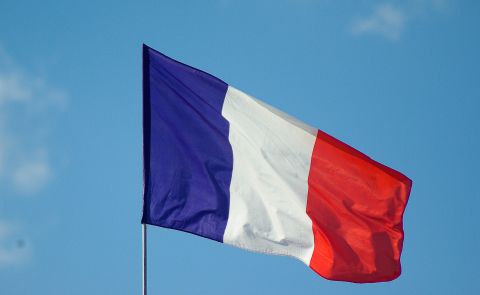
Armenia Denies Entry to Diaspora Leaders and Ex-Foreign Minister

Diaspora members denied entering Armenia
According to a statement released by the Armenian Revolutionary Federation (ARF) Western Europe Central Committee on August 1, Masis Abrahamian, an activist from the ARF and the leader of the Armenian National Committee of the Netherlands, has been prohibited from entering Armenia by security officials.
"The authors of such cowardly decisions are pathetic, especially if they think that in this way, they can silence the figures who have devoted themselves to the defense of the territorial integrity of Armenia and Nagorno-Karabakh. Our struggle will only intensify to culminate in the restoration of a national state based on the rule of law, the precondition for which is the ouster of the anti-national and dictatorial regime," the statement said.
Moreover, on July 31, Suneh Abrahamian, a young Armenian woman from the Netherlands, said that after about 12 hours of waiting at Yerevan's Zvartnots Airport, Armenia's security personnel informed her that she had been denied entry and was thought to be a persona non grata. Suneh Abrahamian posted on Facebook that she had traveled to Syunik, Armenia, to participate in a camp by the Armenian Revolutionary Federation Youth Office.
"Yesterday evening, upon arriving at the airport in Armenia to participate in the ARF Youth Office voluntary camps in Syunik, I was immediately put in a small room and interrogated. After taking my passport and keeping me for 12 hours without any explanation, I was informed that my entry to my homeland was rejected. I am a persona non grata to the Armenian authorities. Words cannot describe the disappointment and pain I feel for being denied by my homeland. Currently, I am waiting at the airport to return to the Netherlands," said Abrahamian in her Facebook post, adding that she is a member of the Garegin Nzhdeh (Azerbaijanis consider him a terrorist) Armenian Youth Federation body of the Netherlands.
A member of the opposition Homeland Party criticized the government's decision to prevent Masis Abrahamian from visiting Armenia
On August 1, Arsen Babayan, a prominent member of the opposition Homeland Party, criticized the government's decision to prevent Masis Abrahamian from visiting Armenia. He also criticized the refusal of Raffi Hovannisian to visit Nagorno-Karabakh.
According to Babayan, it is a fact that Azerbaijani authorities decide on citizens' eligibility to join the two Armenian republics. "This is definitely not the Armenia we had imagined. Nikol Pashinyan leads the Azerbaijani government's delegation in Armenia, which still controls the country," he continued.
Ishkhan Saghatelyan criticized the decision to prevent a young ARF activist from entering the country
On the same day, Ishkhan Saghatelyan, an MP from the opposition Hayastan bloc and one of the opposition leaders, criticized the decision to prevent Suneh Abrahamian and her father Masis Abrahamian from entering the country.
Saghatelyan posted on Facebook, "The populist murderer desires to be a dictator. Nikol tries to develop an authoritarian dictatorship without legitimacy or authority (please do not conflate position with power)." "As history demonstrates, all populists eventually become tyrants because they are unable to maintain their hold on power via deceit and fabrication. And here we are: terrible prosecutions, political detainees, ever-increasing false criminal accusations, slavish courts, a servile system of law enforcement," the politician stated.
The first Foreign Minister of Armenia denied entry to Nagorno-Karabakh
On July 31, Russian peacekeeping forces prevented Raffi Hovannisian, the first Foreign Minister of Armenia and the founder of the Heritage party, from entering the Nagorno-Karabakh region. According to a statement from the party, Hovannisian was going to Nagorno-Karabakh to attend his grandchild's baptism in Khankendi/Stepanakert.
"Showing him an order from their commanding officer together with his accompanying photograph, the soldiers at the checkpoint gave no reason or foundation for the exclusion but confirmed it could have emanated from the very top of official Yerevan," the statement added. "The [de-facto] government of Nagorno-Karabakh, taken aback by this decision, attempted for long hours but failed to clarify and resolve the problem. Its representative claimed a possible linkage with Baku’s dictatorship," reads the statement.
See Also

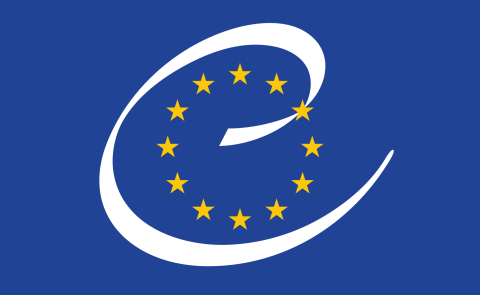
Armenia Strengthens Ties with Council of Europe
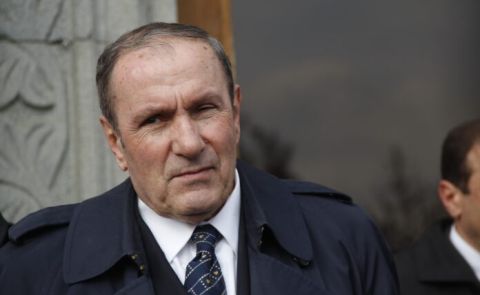
Former Armenian President Labels Pashinyan a Traitor and Blasphemer
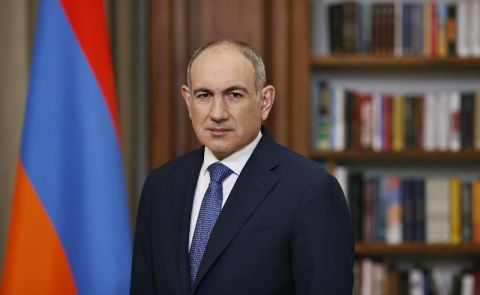
Pashinyan Addresses Key Issues on Church, National Future, and Fund Allegations
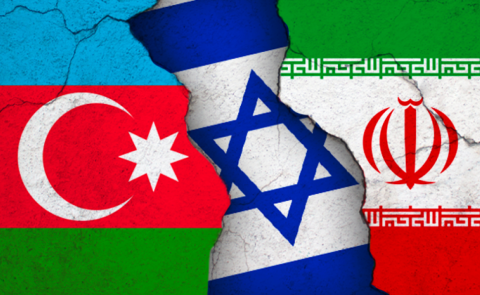
Azerbaijan Calls for 'Dialogue and Diplomatic Resolution' Between Israel and Iran
